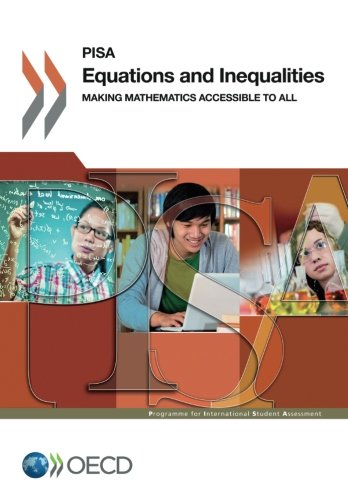

Most ebook files are in PDF format, so you can easily read them using various software such as Foxit Reader or directly on the Google Chrome browser.
Some ebook files are released by publishers in other formats such as .awz, .mobi, .epub, .fb2, etc. You may need to install specific software to read these formats on mobile/PC, such as Calibre.
Please read the tutorial at this link: https://ebookbell.com/faq
We offer FREE conversion to the popular formats you request; however, this may take some time. Therefore, right after payment, please email us, and we will try to provide the service as quickly as possible.
For some exceptional file formats or broken links (if any), please refrain from opening any disputes. Instead, email us first, and we will try to assist within a maximum of 6 hours.
EbookBell Team

4.8
34 reviewsMore than ever, students need to engage with mathematical concepts, think quantitatively and analytically, and communicate using mathematics. All these skills are central to a young person’s preparedness to tackle problems that arise at work and in life beyond the classroom. But the reality is that many students are not familiar with basic mathematics concepts and, at school, only practice routine tasks that do not improve their ability to think quantitatively and solve real-life, complex problems.
How can we break this pattern? This report, based on results from PISA 2012, shows that one way forward is to ensure that all students spend more “engaged” time learning core mathematics concepts and solving challenging mathematics tasks. The opportunity to learn mathematics content – the time students spend learning mathematics topics and practising maths tasks at school – can accurately predict mathematics literacy. Differences in students’ familiarity with mathematics concepts explain a substantial share of performance disparities in PISA between socio-economically advantaged and disadvantaged students. Widening access to mathematics content can raise average levels of achievement and, at the same time, reduce inequalities in education and in society at large.